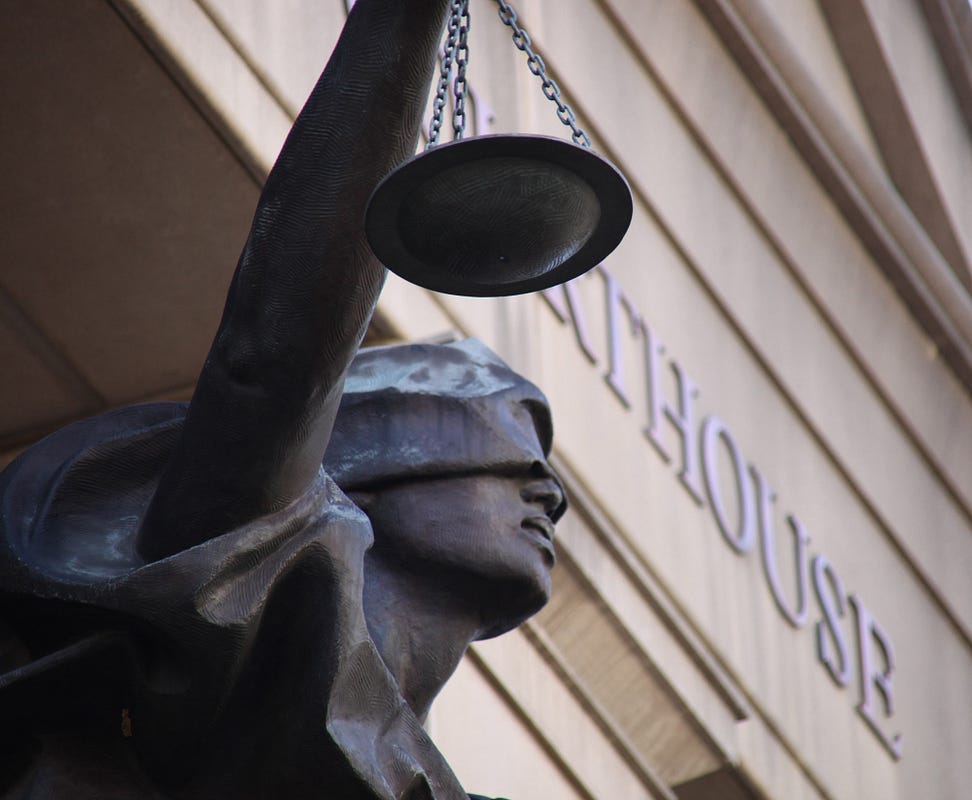May 6, 2015
Rebuilding the Infrastructure for Independent Media
Much of the work we’ve been doing over the past year has focused on creative experiments designed to help local news sites develop community-driven products and services beyond local advertising. We believe that sustainability of local news demands deep models of community engagement and a diversity of revenue streams.
However, at a recently gathering, one journalist argued that no local newsroom is sustainable if they can’t afford to hire a lawyer. For too many journalists, one lawsuit could bankrupt them or their newsroom. Other journalists struggle to pay the legal costs of fighting to free up information from government agencies. Access to affordable legal support is one piece of critical infrastructure for independent media.
“No local newsroom is sustainable if they can’t afford to hire a lawyer.”
Over the last year, working with local newsrooms, we’ve been exploring what kinds of infrastructure community media need. In addition to legal support, journalists often ask for marketing help, administrative assistance, technology and web support, access to software, trainings, and insurance. These are functions that have traditionally been built into news organizations, but in our “post-industrial” journalism era, with the rise of more smaller, networked newsrooms those “backshop” services have disappeared for many journalists.
As part of our Journalism Sustainability project at the Geraldine R. Dodge Foundation we are exploring how we can set up shared backshops around these issues that serve newsrooms across the New Jersey news ecosystem. One of our key allies in this work is the Center for Cooperative Media and NJ News Commons at Montclair State University, who is already helping train journalists, coordinate collaborative reporting projects, connect coders and journalists and set up content sharing systems across the state.
A New Legal Resource for Community News

Photo by Tim Evanson on Flickr, used via creative commons.
Up until last year, the Digital Media Law Project at Harvard’s Berkman Center for Internet and Society provided ongoing support and advice for digital news startups. The DMLP provided one model for how campuses might serve the needs of local journalists, and we hope this experiment with Rutgers will provide yet another. This project will build on the recently published legal guide for news entrepreneurs authored by Jan Schaffer and published by the Tow Knight Center for Entrepreneurial Journalism and could be easily replicated across other states.
However, we recognize that general legal guidance on common questions is only part of the solution and we continue to work with the NJ News Commons, and in consultation with organizations like the Reporters Committee for Freedom of the Press and the Student Press Law Center to develop strategies for providing consistent, ongoing legal support for newsrooms of all shapes and size.
If we believe in the future of local news we need to invest in legal resources to protect local journalists.
As we experiment with other shared backshop services we’ll report back here on what’s working and what is not. And we’d welcome your ideas for how we can give journalism networks access to the same kinds of resources and support that have traditionally been built into institutions.













